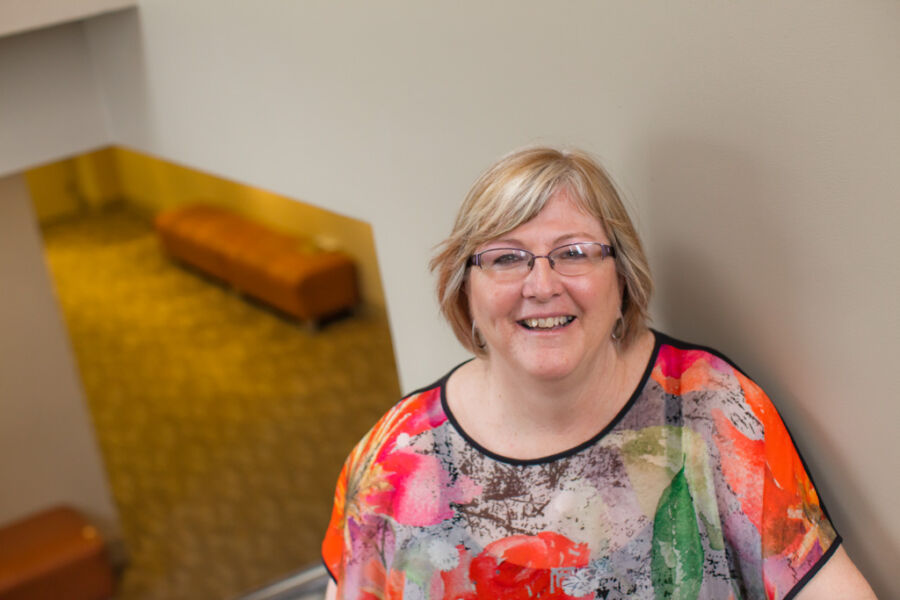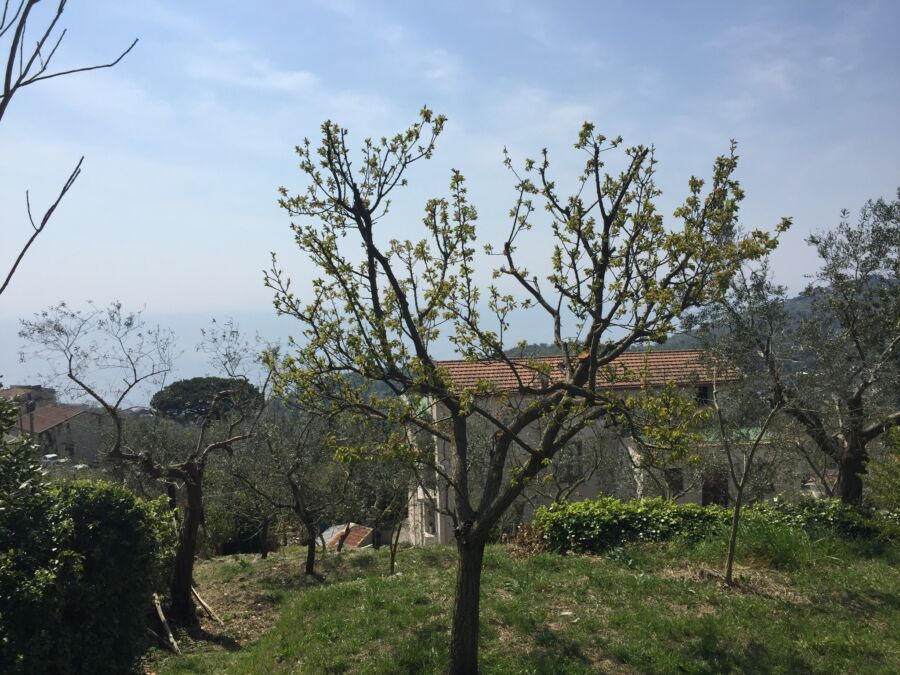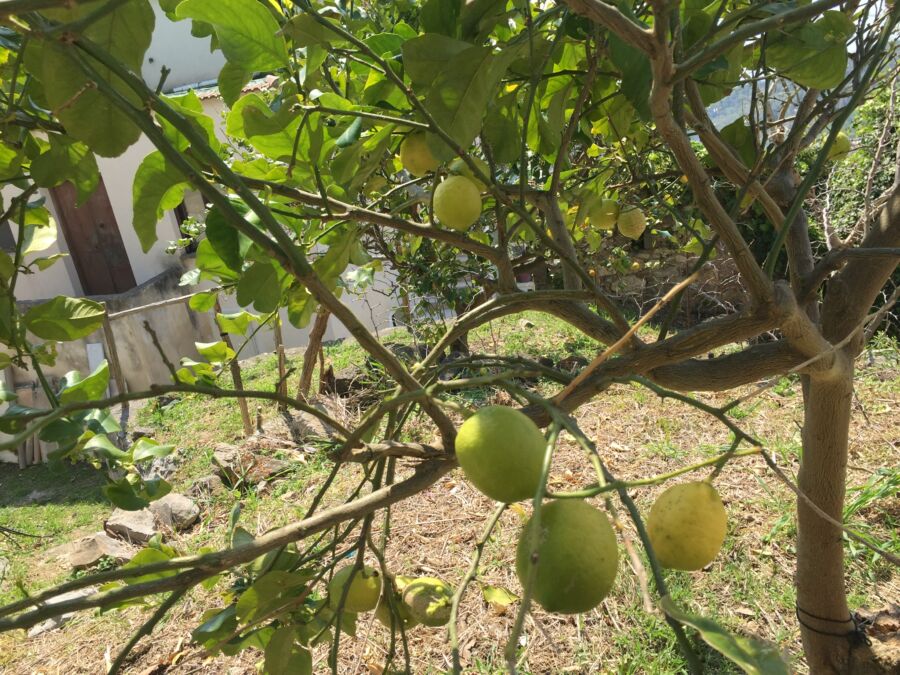On both sides of the Atlantic, the Rick Steves’ Europe team is doing their part by staying home. And our European guides continue to be in touch with the home office, offering insightful slices of life from quarantine. As great guides, they can hardly miss a teachable moment and grab every opportunity to share insights from their respective cultures.
Here’s our weekly roundup of what we’ve been hearing from our guides during the coronavirus pandemic:
Our man-on-the-street in Oslo, Pål Bjarne Johansen, uploaded this video of a soothing walk through the eerily empty Norwegian capital. He reports some promising news: Norwegian social distancing efforts have been highly successful, drastically reducing the contagion rate. In fact, just a few days from now, Norway plans to slowly open up some daycare centers and other services:
Jeanie Carmichael, one of our UK-based guides, sent us notice that she and other London Blue Badge Guides are offering free virtual “tours” three times each week (Mondays, Wednesdays, and Fridays at 4 p.m. London time — that’s 11 a.m. on the East Coast, and 8 a.m. on the West Coast). You can watch live, or peruse previous lectures.
Jeanie explains: “We are trying to keep our brand alive and provide some light relief for our friends in the United States.” Topics include Jack the Ripper, street art, royal jewelry, and British etiquette. For details, check out their Facebook page or their YouTube channel.
Stefanie Bielekova, who works at our Rick Steves home office, posted this interview (on her blog, Postcards from Stef) with Granada-based guide Margaret Monnier about what life is like these days in South Spain.
We also received a pair of more in-depth reports. From Budapest, Anna Lénárd contemplates how the empty sights of today are reminiscent of the communist days of her youth:
“I have been watching this new, very inspiring promotional video about my beloved home city of Budapest — beautiful shots of the empty city in the time of coronavirus:
“I remember the last few Aprils and Mays, when these iconic sights — now hauntingly empty — were full of locals and visitors. It is a strange feeling to stay at home without a job, without rushing, and without appointments. I am alone (my family got stuck in another country). So now — for the first time in my life — I have so much time to read, write, and learn about the rich history of my favorite city. I have been looking through the photo archives at www.fortepan.hu, three of which are reproduced below.
“The empty streets and squares on the video remind me of my childhood. We did not have tourism in the eighties behind the Iron Curtain except for a few students and comrades from other Eastern European countries. Nobody asked for tickets when I walked up on the Fishermen’s Bastion (the famous view terrace of Budapest). There were no tourists — just those ugly socialist cars and policemen on guard. The most beautiful tourist sight of Budapest was empty…just like today.
“Of course, there were happy times, too, in my country, when we had visitors from all over the world. Just have a look at this international conference of physicians from 1929 — those ladies are so chic:
“And then World War II arrived, and Soviet soldiers looked out over a view of a freshly occupied city:
“To tell the truth, I do not mind having a year off. I was traveling so much, I was overwhelmed with adventures. Now it’s time to have some rest, to cook new recipes, and to talk to old friends. I just hope that the time comes soon when the Fishermen’s Bastion is crowded again with visitors from five continents — especially with Rick Steves tour members, who always want to learn a little bit more than the typical tourist.”
And from her garden on the Sorrento peninsula, in Italy, Ann Long shares this touching point of view:
“Perspective….if this global tragedy has taught me anything, it has taught me to look for some perspective as to what has happened to others, now and in the past.
“This year would have been my eighth season guiding for Rick Steves’ Europe, leading tours all over Italy. Just two months ago, there was such promise for it being a great season for us. Now I am in my home, cleaning everything that can’t get away from me, and trying to get some exercise by walking and climbing around in my garden. The lockdown laws here in Italy are pretty severe: I cannot go outside my house unless it is for necessities like food, medicine, or work.
“Since my area relies totally on tourism as its main industry, not many workers are moving around. All of our hotels (about 150) are still closed, and you can actually feel the tension in the air when the locals speak — fear for their livelihoods for this year. We just passed our Easter season, which was without the noise, activity, food-shopping, cake displays in bakeries, and religious processions that are so typical in my area. It’s clear that the locals are deflated and depressed by not being able to do what they have always done to mark this important holiday.
“During my walks in my garden, I get to thinking about how I ended up where I am and what my ancestor-in-laws must have experienced in their lives on this same land. I am originally from Illinois and came to Italy 40 years ago to spend six months learning the language. I met a tall, dark Italian man…and the rest is history. Now I am a widow with a 29-year-old son and live in the house where my husband and his father were born, on land that has been in his family for 120 years.
“The trees in these pictures were all planted by my husband’s paternal grandfather. Some of them even came from South America, where he spent six months each year traveling around and selling goods from Italy to make a living and raise his eight children. I moan and groan about having to prune and look after the olive and fruit trees, but then I remember that they kept my husband’s family alive and fed throughout World War II. Perspective…
“My husband’s maternal grandparents emigrated to the States in the early 1900s and settled in New Jersey, where the grandfather sold fruit and vegetables. He started out with a cart in the middle of the street and eventually was able to rent a small shop. More than likely, he worked very long hours to support his six children. His wife caught the Spanish flu. In our time of coronavirus, I try to imagine 100 years ago, when my grandmother-in-law was sick in a country where she probably didn’t speak the language, with no close family around except young children, an illness that was spreading like wildfire, no money for medicine, and no help or information from the government. She survived the illness, but it must have scared her enough that she decided to pick up her children and return to Italy so that she could be closer to her family. If not for that move, her daughter would not have met her husband, and they would not have had my husband! Perspective…
“I am one of the lucky people here in Italy because I do have some land around my house where I can walk and get a breath of air, whereas so many Italians live in apartment buildings with only a small balcony as their ‘yard.’ My land is terraced, and I have a view looking toward the Mediterranean. I have a couple of lemon trees (limoncello…yum!) and several kinds of fruit trees and numerous olive trees.
“Looking out to sea, to the left is the Amalfi Coast and to the right, just a short distance away, is the island of Capri. The emperor Tiberius lived there from A.D. 26 until he died in A.D. 37. I imagine that he, too, lived through some scary, uncertain times like we are now. Otherwise, he wouldn’t have barricaded himself on the island, making it into a fortress where no one came on the island without his permission, very much like what we are going through here in the peninsula by not being allowed to move around freely. Perspective…
“When it is safe again, come and experience our history and get your own perspective!”







